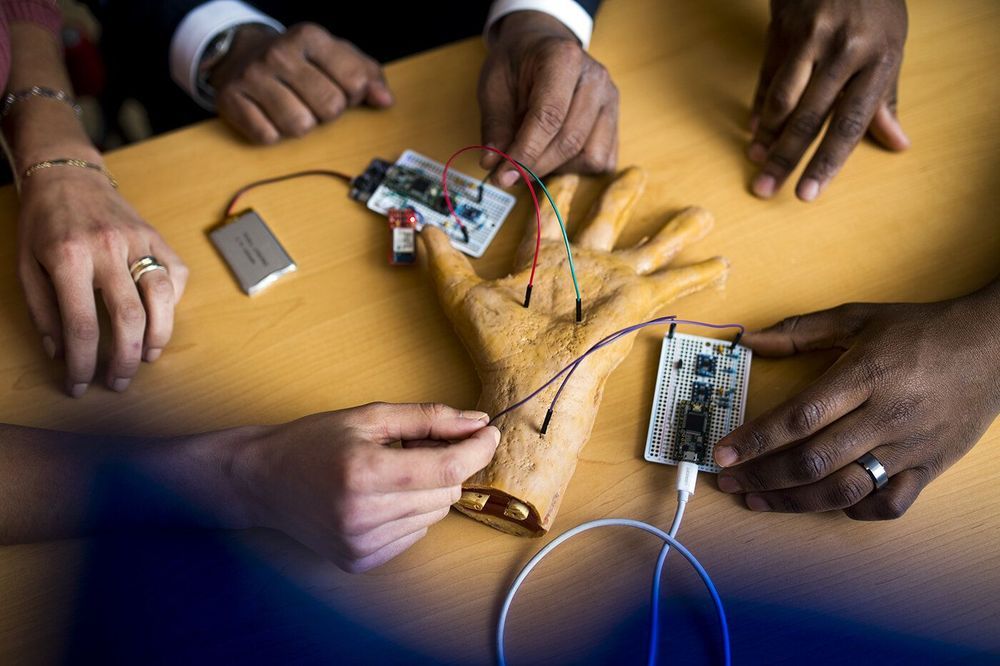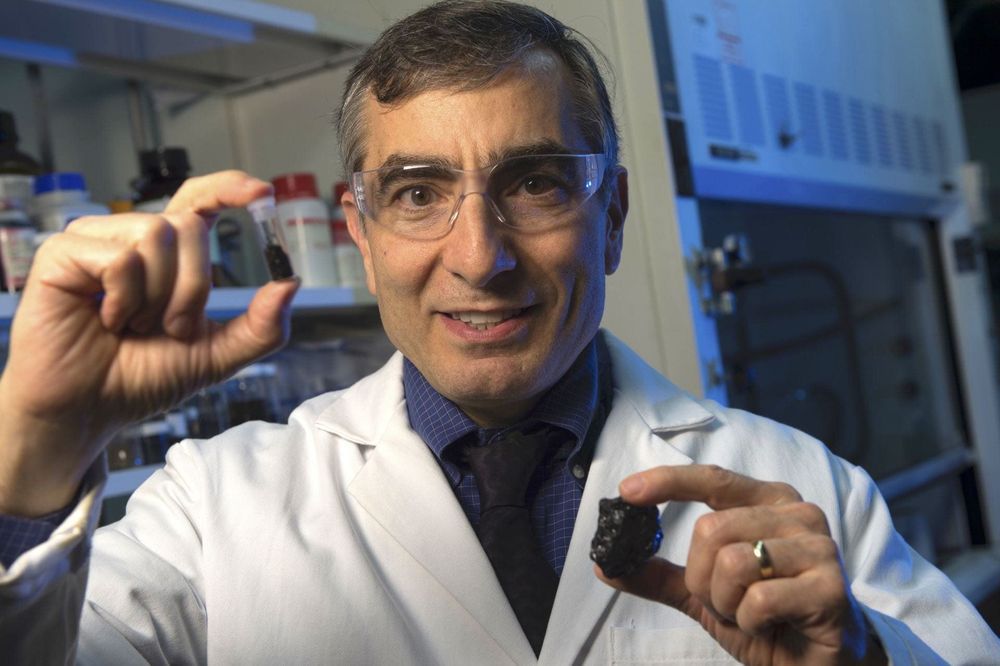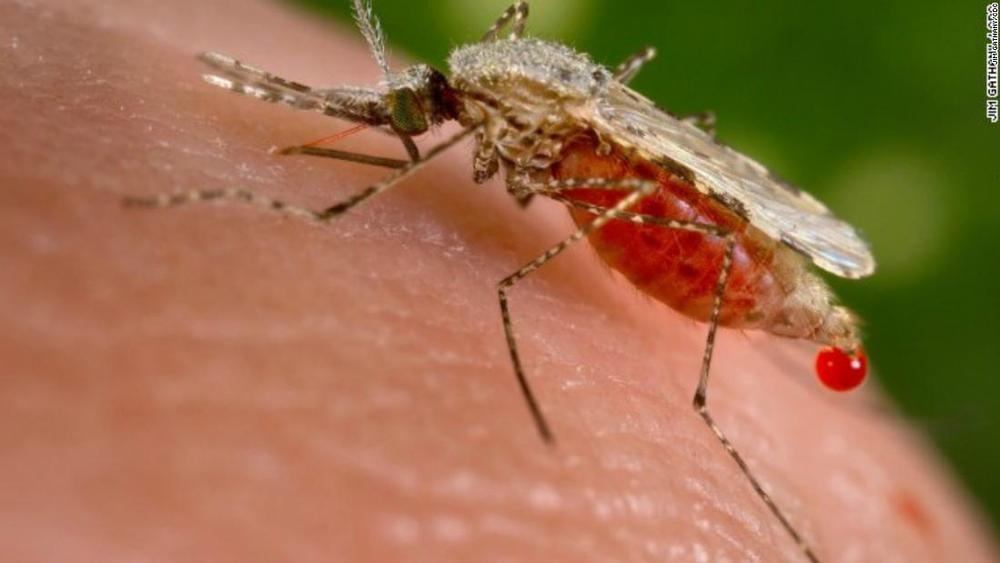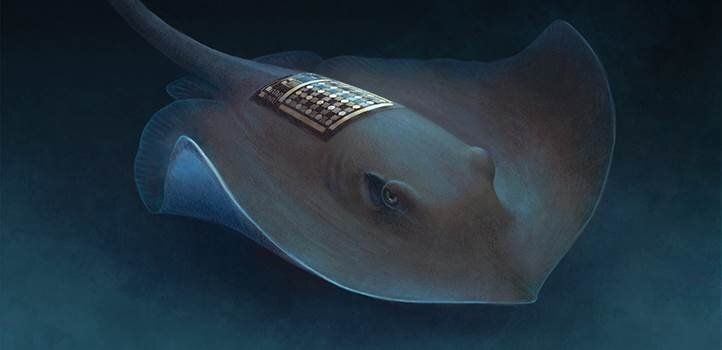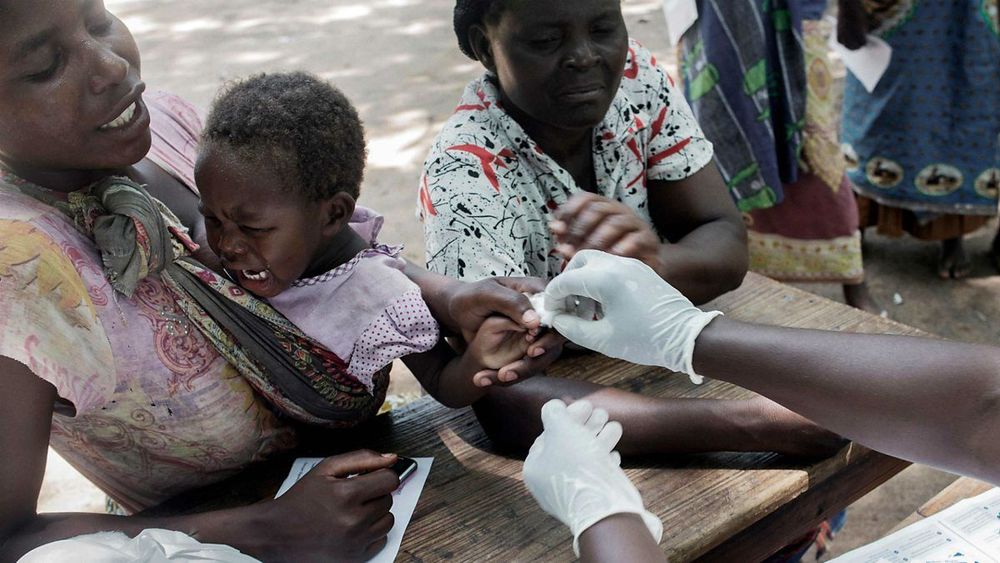Smart watches. Pacemakers. Internet-connected glasses. These are devices designed to make life easier. And yet, all this wearable technology can be hacked. The devices send personal health information to your smartphone over the airways, so anyone with the know-how could scoop it up and steal it. But now, researchers at Northeastern have a better, more secure idea: Send data through your body.
Associate professor Kaushik Chowdhury worked with a team of researchers from the Draper Laboratory in Cambridge, Massachusetts, and the Federal University of Paraná in Brazil to develop a safe, hacker-proof method to transmit sensitive data.
“The truth is, no matter what I do when it comes to wireless devices, I’m radiating the signal through the air,” Chowdhury says. “There is the danger that the signal can be jammed, or analyzed by someone else. Our method secures this sensitive information so it can’t be leaked.”
